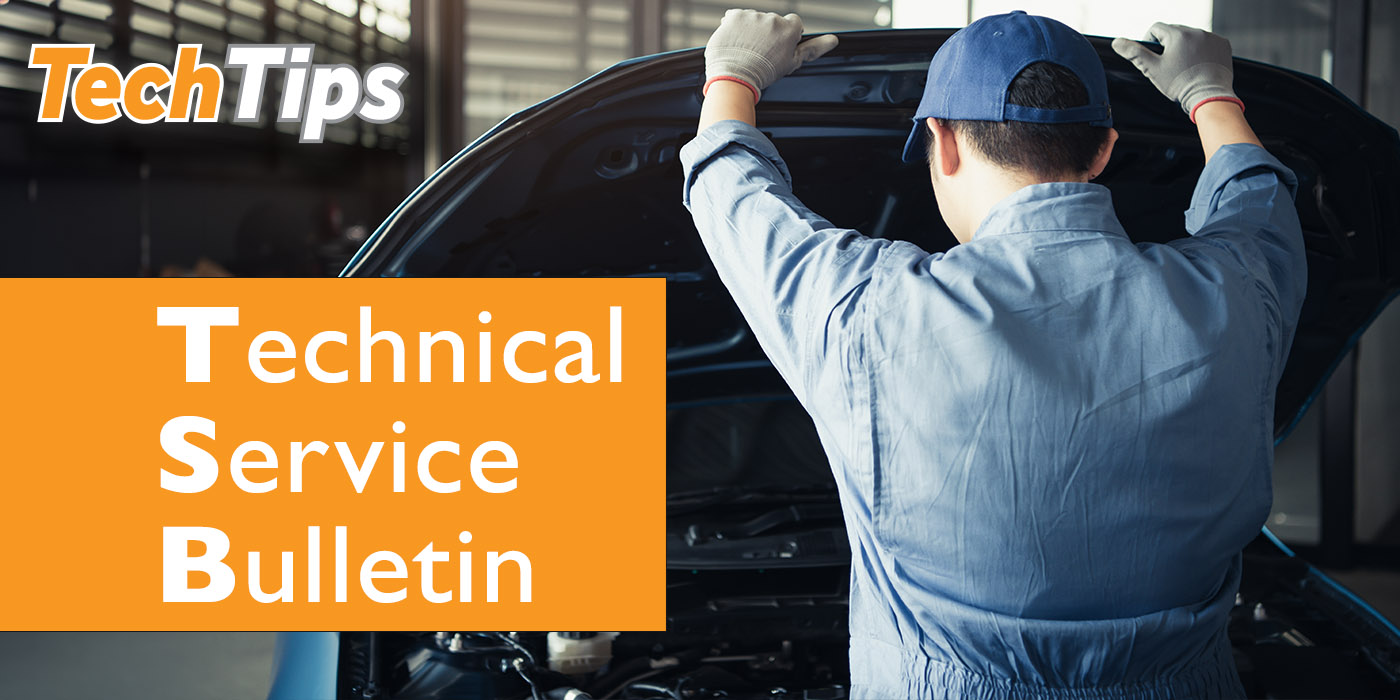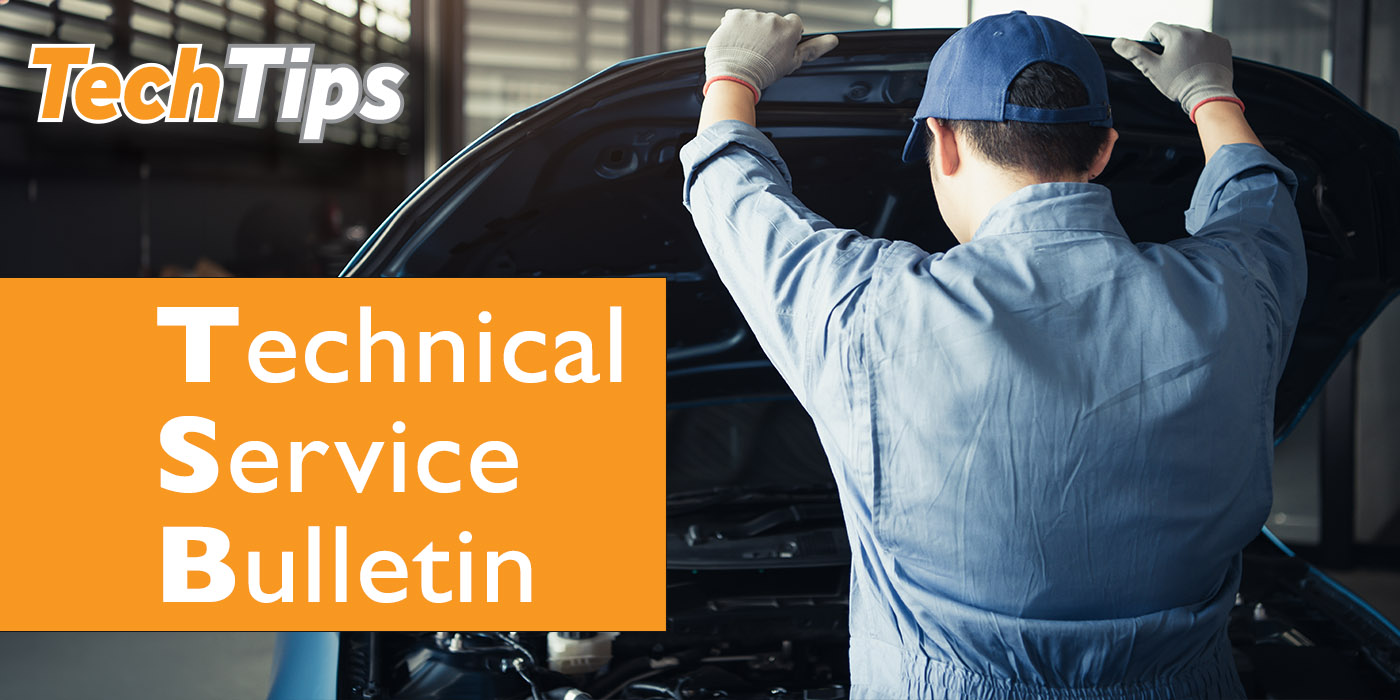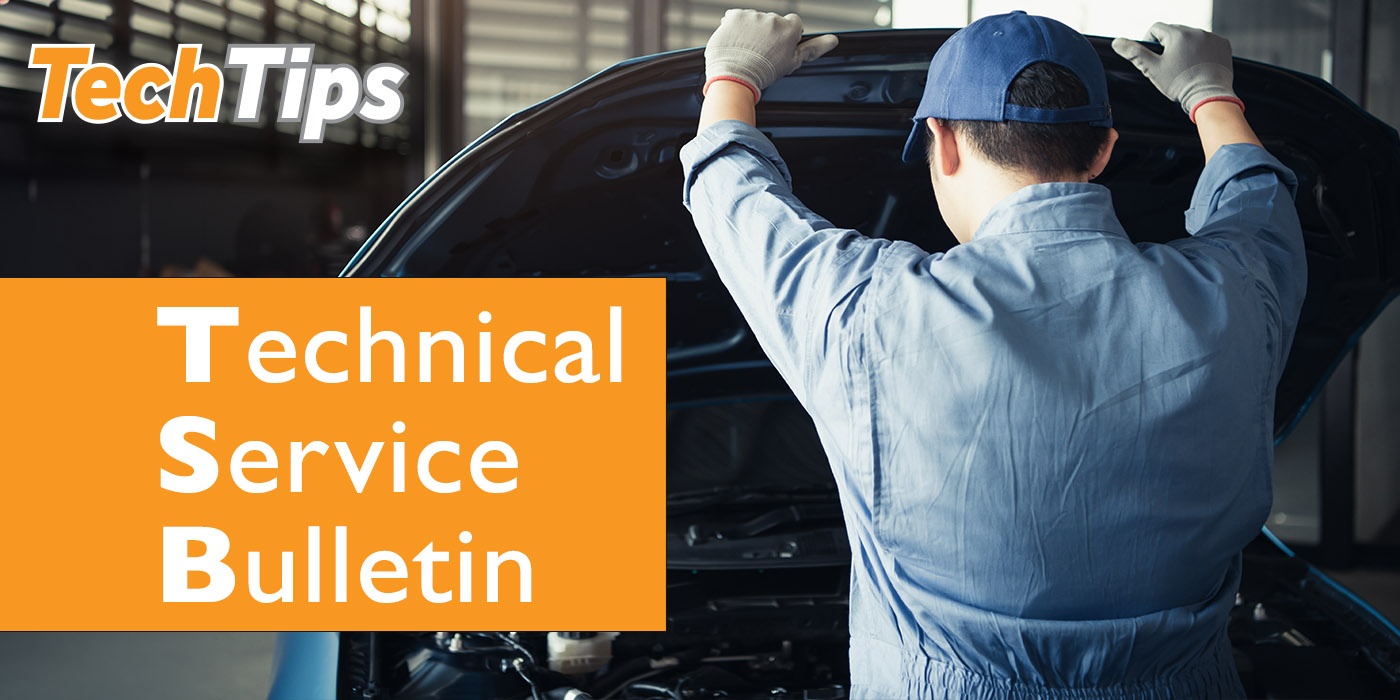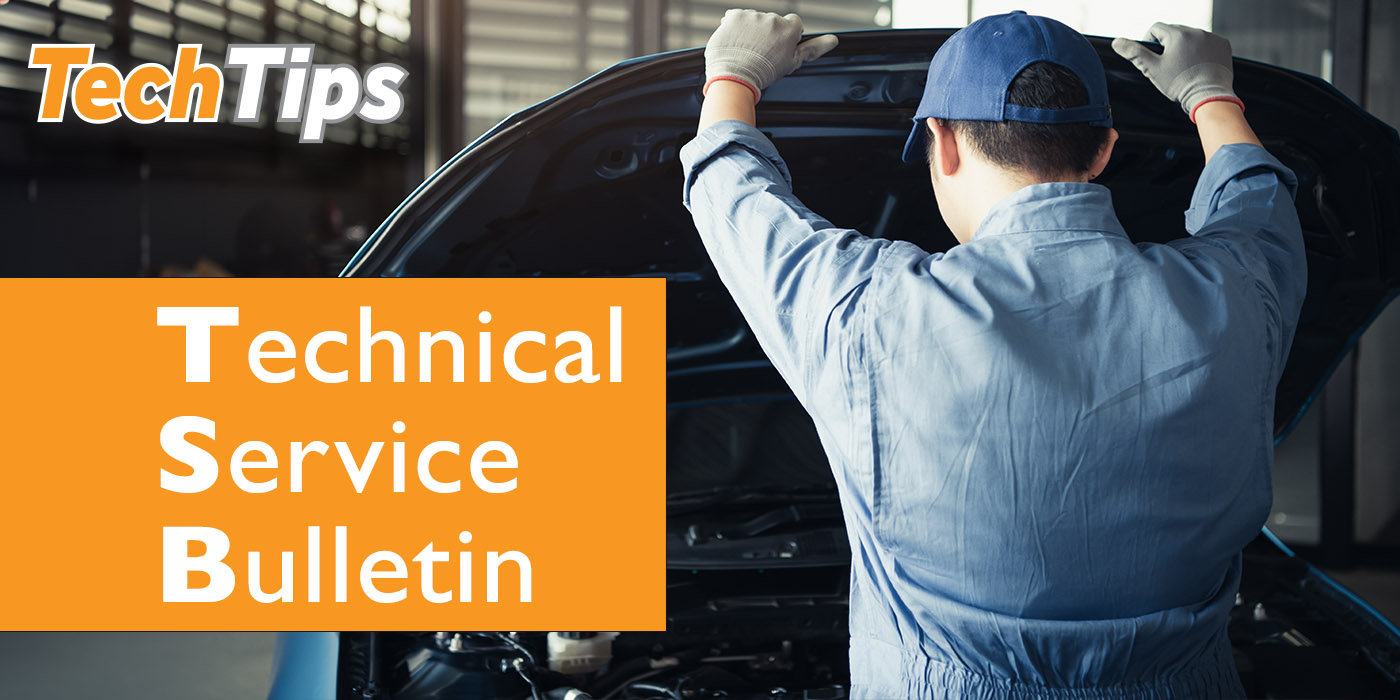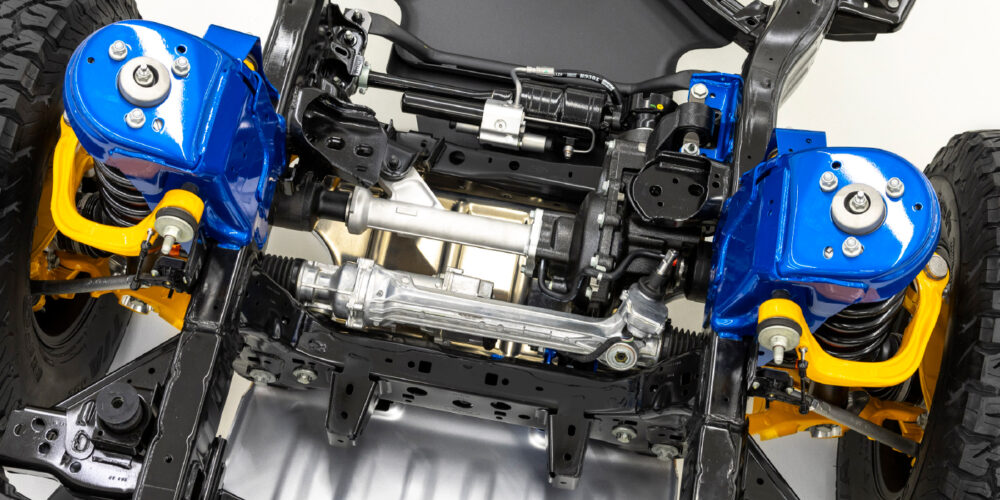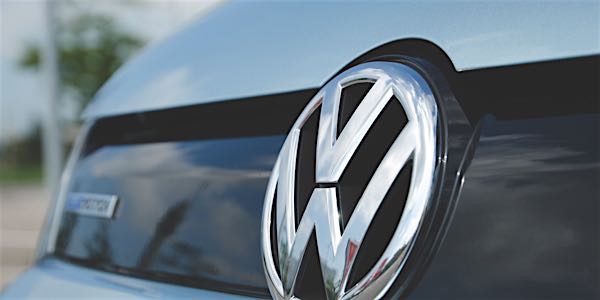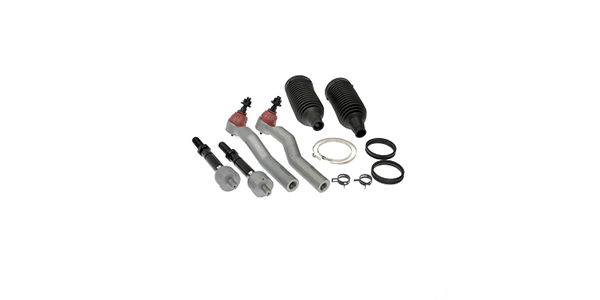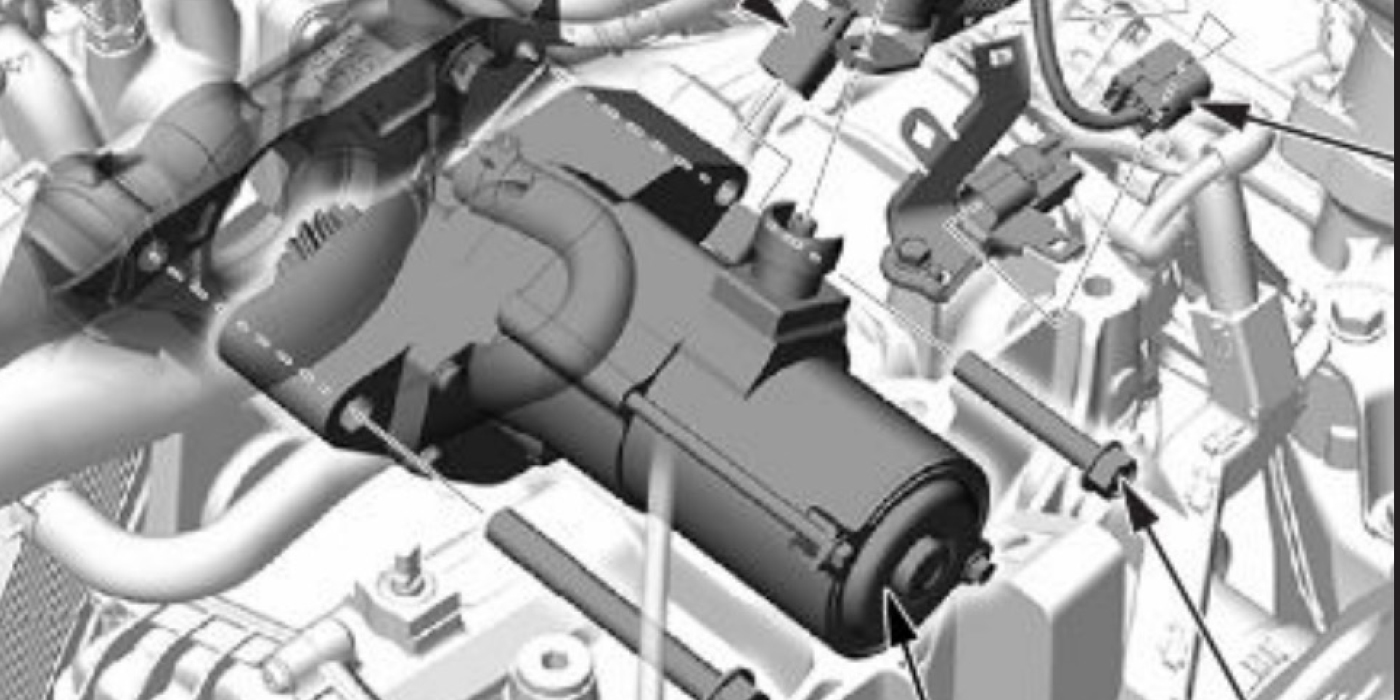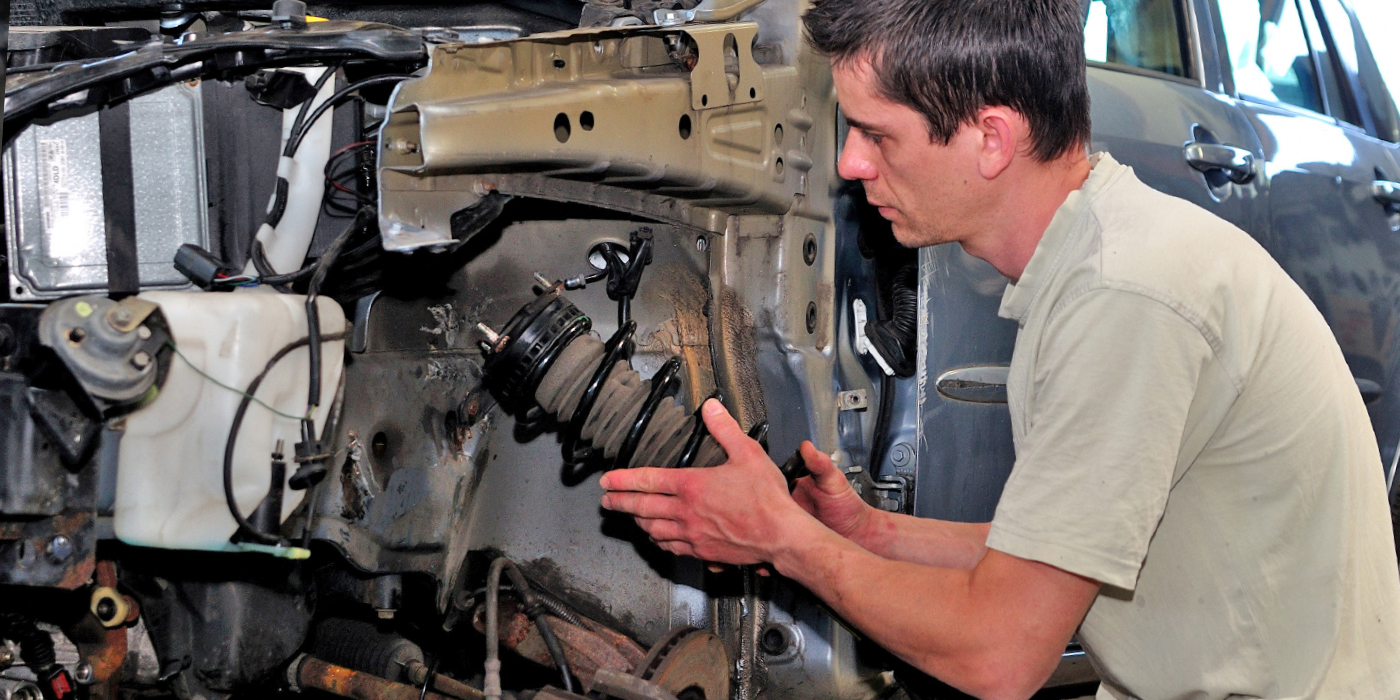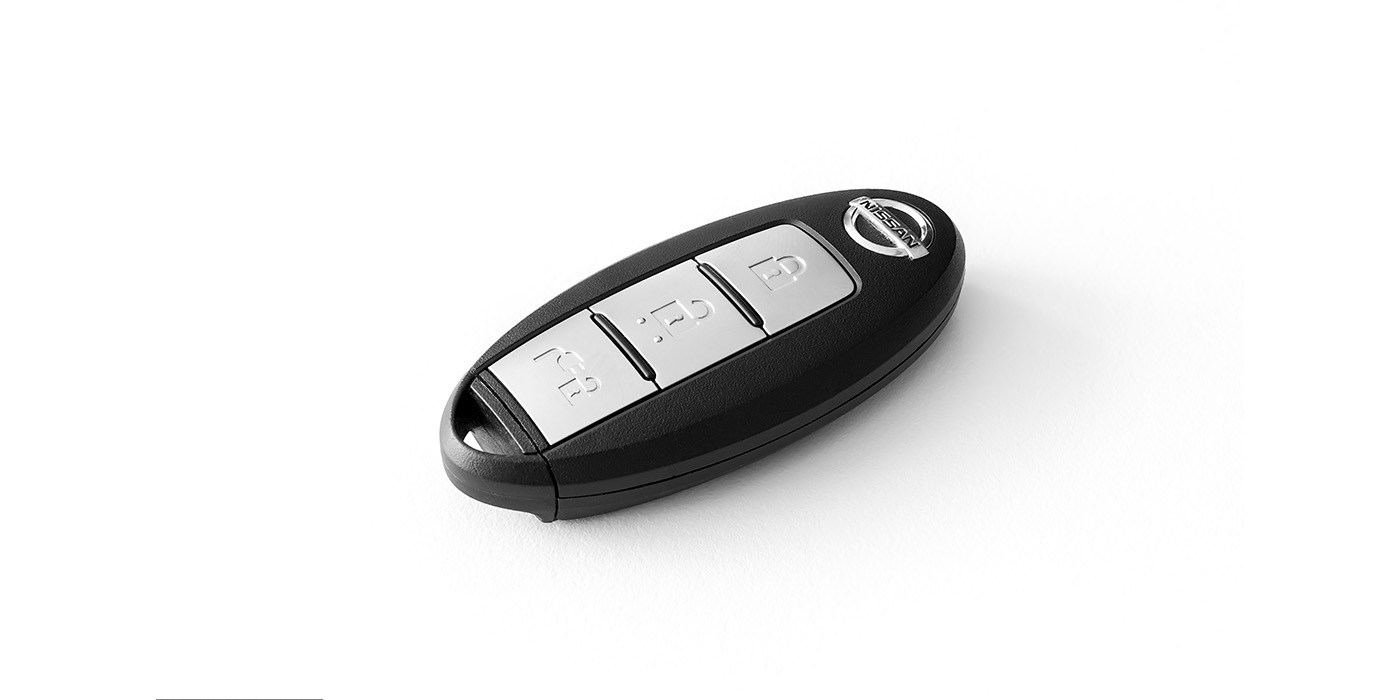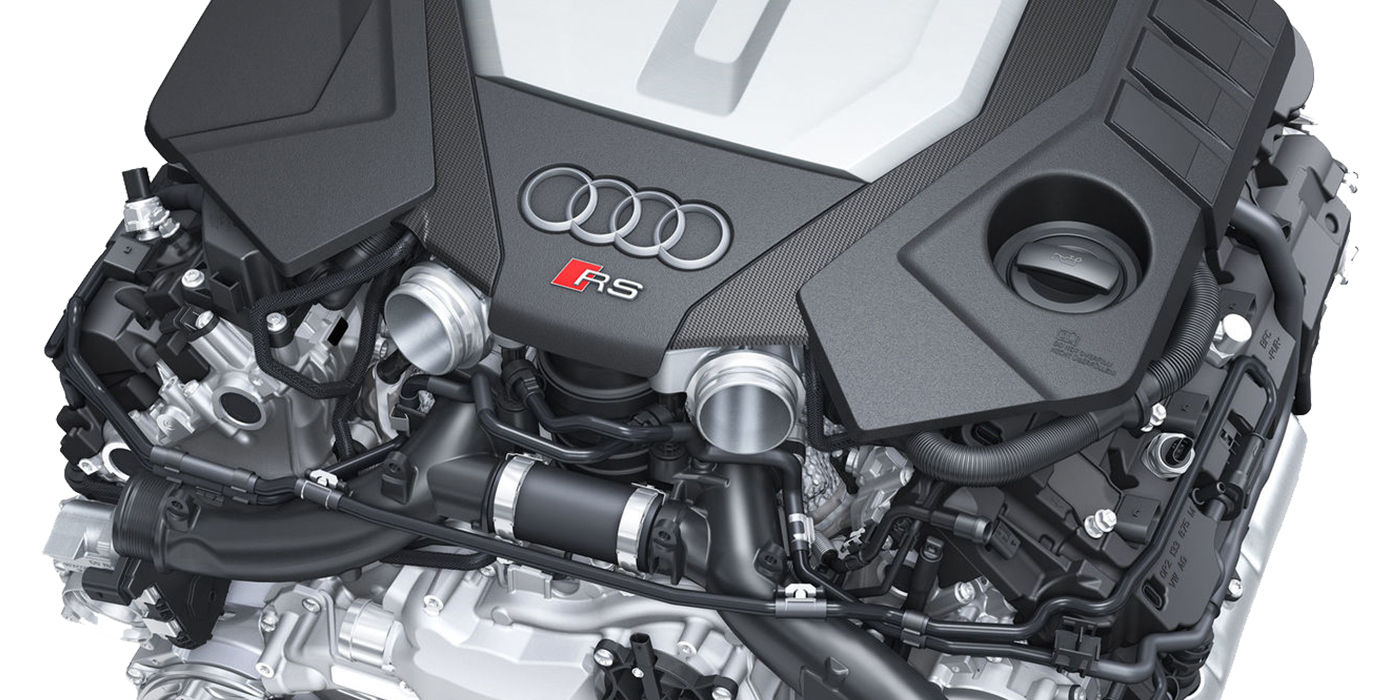What is the difference between and uses for drill bits and machine grade tooling?
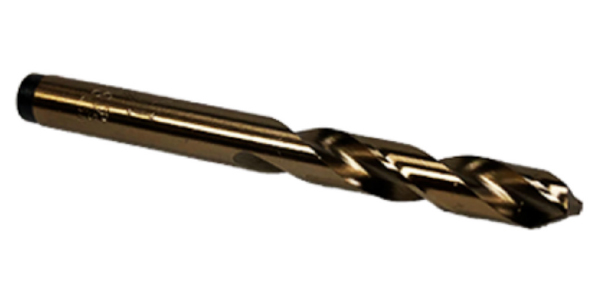
It’s easy to misunderstand the term “drill bit,” which refers to a cutting tool with a spiral flute that is used to cut wood, steel, concrete or just about any other material. A standard drill bit can be manufactured in many ways, but most commonly and economically is stamped or crimped to form the twist or flute. The point and cutting edges are then ground for the correct size and application. That method is most often used for products where accuracy is not as important as just getting a hole in the material.
On the other hand, machine grade tools are made for precision applications, where accuracy and repeatability are most important. Machine grade tooling is turned, ground flat, and incorporates features that deliver the precision and accuracy required for the application.
Machine grade tools are made from high quality metals like cobalt or carbide. Micro-points are added so the tooling stays on track. Cutting edges are ground at the complex geometries demanded by the hardest of materials, including titanium, boron, extra-strength and case-hardened steels, most of which are encountered in exhaust manifold bolt repairs.
How drill bushings are mounted to an alignment fixture can be the difference between success and a costly failure. Threaded mounting bushings are most common in machine shops because of their superior accuracy. By contrast, screws or clamping devices used to secure bushings add complexity, introduce the risk of a lost screw inside a cylinder head and induce error rates because of the clearance needed for applying the alignment fixture. Finally, a threaded mounting bushing incorporates a proprietary and patented precision machined edge that mates to an opposite edge in the tool which overrides the threads to bring the assembly into perfect alignment with the cylinder head.
After threaded mounting bushings assure perfect alignment and perpendicularity of tooling, how the tooling system is used will determine repair times and the quality. Machine grade tooling, when mounted in an air or electric power hand tool, must be treated differently than common drill bits in order to deliver the accuracy of the system.
First, accurate rotational speeds for each size tool is critical. If RPM is too low, cutting will not start. If too high, cutting will stop due to high heat. Next, the drill chuck should be turned manually when inserting a tool bit into a bushing, which ensures fit. Also, turning the drill on and off, quickly and repeatedly, referred to as “bumping or toggling” is critical, as it allows the micro point, discussed earlier, to “seat” itself and allow the following cutting edge to engage and load equally. Finally, excavating chips by keeping the tool rotating, but periodically extracting and reinserting the tool will improve cutting and extend tool life.
Using machine grade tooling and following the above steps will ensure a productive and efficient exhaust manifold repair that will boost productivity and keep your customer’s cars safe from carbon monoxide poisoning and running at peak performance.
by Jeff Del Rossa
To learn more, visit www.promaxxtool.com.

